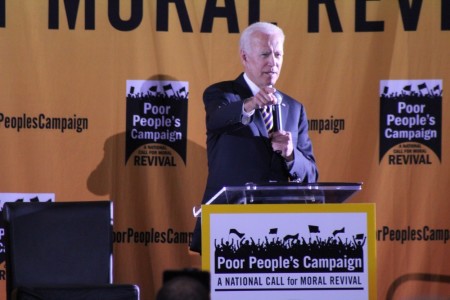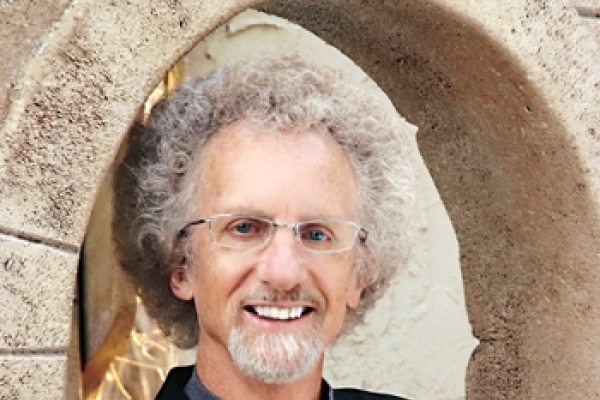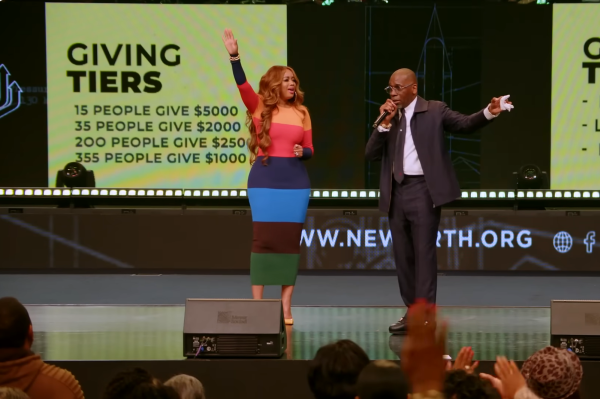Joe Biden's abortion reversal will hurt if he wins the nomination

Former Vice President Joe Biden’s newfound opposition to the Hyde amendment, which prohibits the direct federal funding of abortion, has brought the contentious issue of taxpayer-funded abortion into the spotlight again.
The politics of covering abortion through Medicaid has received mainstream-media coverage over the past few weeks. In Slate, Will Saletan recently summarized public attitudes toward taxpayer funding of abortion. Public-opinion scholars know that polling on life issues tends to be sensitive to question wording, but, as Saletan astutely points out, most data show that regardless of wording, there is substantial public opposition to taxpayer-funded abortion.
A 2017 Marist survey, for instance, found that 60 percent of respondents opposed such funding, and in 2016, a survey conducted by Politico and the Harvard T. H. Chan School of Public Health found that 58 percent of respondents said the same. Though questions asking about “Medicaid coverage” for abortion tend to find the least public support for the Hyde amendment, a 2018 Public Religion Research Institute poll showed that a slim majority of respondents still opposed taxpayer funding for abortion.
Publicly funded abortion also polls poorly among particular demographic groups. Most polls show, for instance, that women are as likely as men to oppose it. Even though Biden framed his opposition to Hyde in socioeconomic terms, both the 2016 Politico/Harvard poll and the 2017 Marist poll found that low-income earners were considerably more opposed to taxpayer-funded abortion than those with above-average incomes. The Politico/Harvard survey found that voters earning more than $75,000 a year were almost twice as likely to support taxpayer funding for abortion than those making a maximum of $25,000 a year.
Biden’s reversal on Hyde — which he consistently supported during his decades as a U.S. senator from Delaware — has had an interesting effect on his public support. A Morning Consult poll suggested that his shift will benefit him in the primary, as 30 percent of likely Democratic-primary voters said they would be more likely to support him, while only 19 percent said they would be less likely to do so. But the same poll found that his opposition to Hyde could hurt him in the general election, finding that only 19 percent of general-election voters said they’d be more likely to vote for him, while 24 percent said they’d be less likely to do so.
His switch on the issue is evidence of the changing demographics within the Democratic party, as an older generation of voters is being replaced by a younger cohort that tends to be more liberal on social issues. Biden, along with his fellow primary contenders, clearly believes he must support taxpayer funding of abortion to be competitive on the left, despite the fact that polling data indicates this position is unpopular with the public. Republican politicians should aim to make their own opposition to publicly funded abortion a salient campaign issue during the 2020 election.
Originally posted at National Review.





















